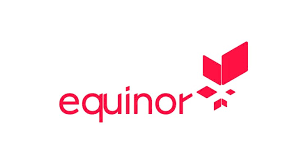The project will sequester 75,000 tons of carbon per year — equivalent to over 400 railcars worth of burned coal — and generate certified carbon credits that will be sold by First Climate AG.
The nascent market for biochar could grow if more farmers use it as a soil additive, or if it’s integrated into building materials as companies seek new ways to reduce emissions. Biochar is produced by heating wood residues and other biomass in a low-oxygen chamber that limits emissions, in a process known as pyrolysis. As the biomass heats, bio-oils and gas are also produced, which can be used for power generation.
“There’s much more demand for biochar than supply,” Yves Rannou, the head of the Recycling and Recovery at Suez, said in an interview. The cost of building the three production lines at the Port-Cartier plant by 2026 will amount to C$80 million, he said.
Suez and Airex aims to produce 350,000 tons of biochar by 2035. The French company has identified areas in Europe and Africa where it would have access to feedstock to produce the carbon sink, as well as potential buyers, Rannou said, without providing details because the projects are still at “very early stages.”
Airex, which will provide the pyrolysis technology, is backed by investors such as Cycle Capital, Investissement Quebec, Desjardins Group and Export Development Canada. Groupe Remabec is owned by its founders and managers as well as Produits Forestiers Arbec Inc.
Share This:






